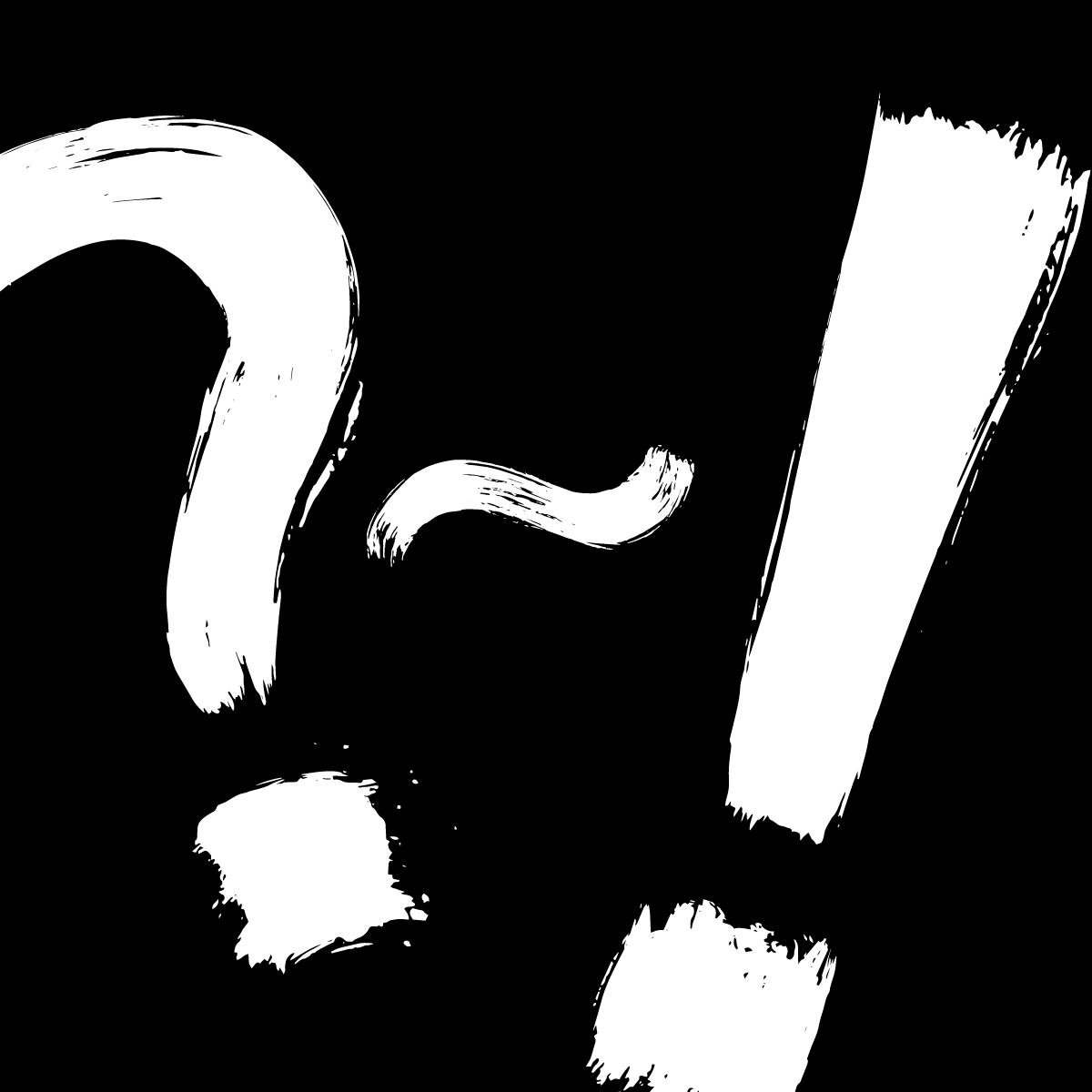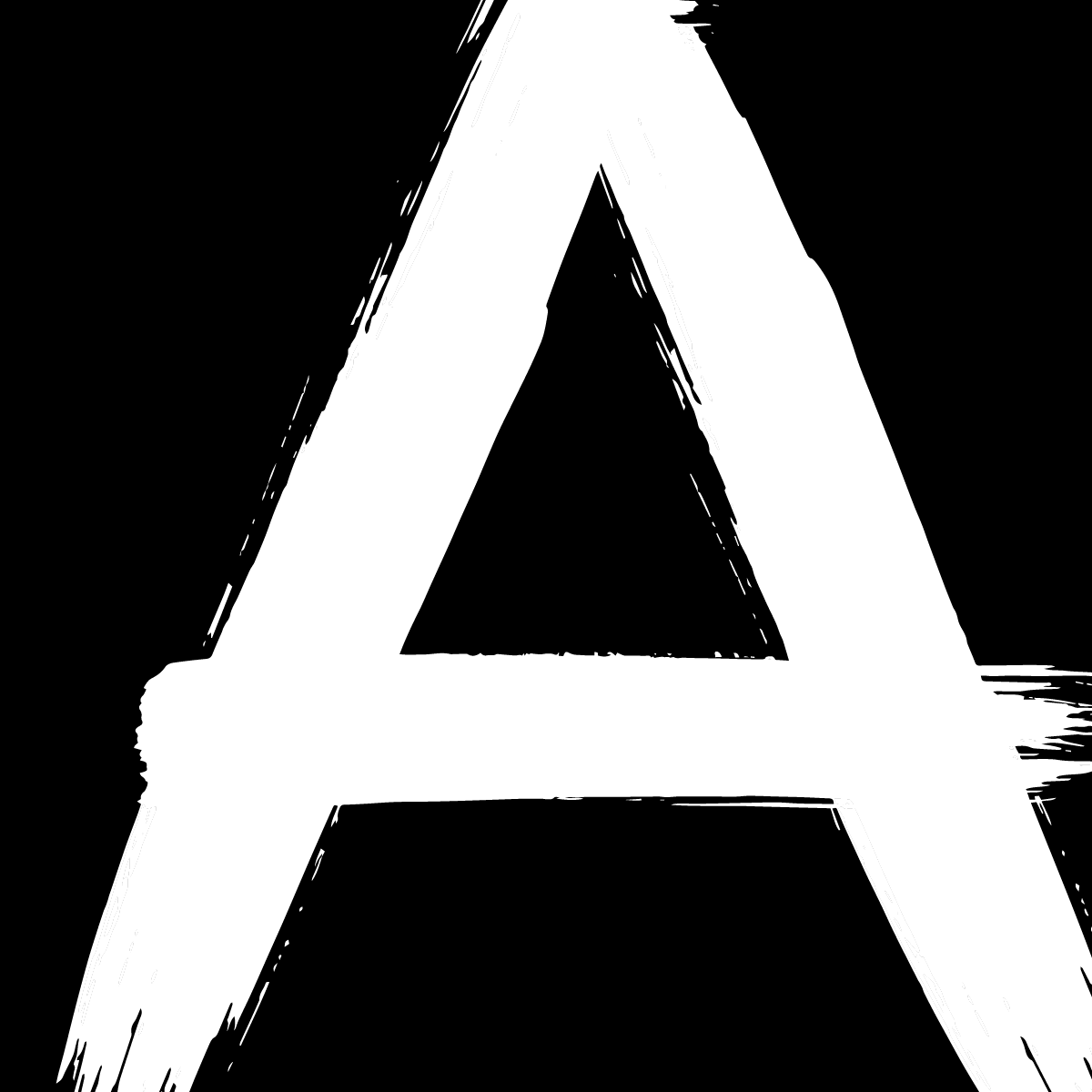The Law of Words
The Law
of Words
Most dictionaries have a universal criteria by which words are judged
Kelcey Brian
Excire
/Ex’hire/
Verb
To exhale heavily or with great tiredness.
→ Terry collapsed and released an excire.
So, you want to create your own word.
You’ve created the perfect blend of letters and sounds, made sure it’s not too foreign but also not so recognisable that someone could exclaim ‘Hey, that’s just two words mushed together!’, but something is still missing. How do you get people using it? How does your word become one of the greats and earn its place in the dictionary? You simply can’t fathom why your word hasn’t caught on when it’s so unique, so elegant and it simply rolls off the tongue. In this instance let’s say your new word is ‘excire’. This knowledgeable guide will outline the exact criteria needed to lift ‘excire’ off the sheets and into the streets, and if you’re very lucky, immortalised in the hall of fame for words, the great English Dictionary.
Most dictionaries have a universal criteria which they use to judge words. Those that research and judge the words included in dictionaries are known as lexicographers. Kory Stamper, a lexicographer with Merriam-Webster admits ‘there are lots of words that kind of come and go’ but if a word is inserted in the dictionary people ‘tend to use it more’. Being included in the dictionary makes the word official and valid. Stamper outlines the three criteria used to determine whether aword is worthy of being added to the dictionary. Considering the close analysis each word undertakes to make the cut it is no surprise that the words written in the dictionary are valued more highly that those that don’t make the cut.
The criteria are as follows in the tip box below:
-
The word must appear in a variety of places. A word may be popular but if it is used only within specific niches then chances are it will not make it into the dictionary. It is actually thanks to the specification for widespread use that a large number of slang and pop-culture terms (e.g. LOL) have been added to the dictionary in recent years. goes here
-
As mentioned previously, some words register as only blips on the literary radar. For a word to be recognised it needs to have a shelf life; it must be able to sustain itself with its own purpose.
-
As enjoyable as it is to create crazy, made-up words or dream of devising an entire language for fans to devour as Tolkien did, for a word to be recognised it must be meaningful. It is strange to imagine, as every word has a meaning and thus is technically ‘meaningful’, but as Stamper admits ‘I can’t write a meaning for antidisestablishmentarianism for instance because nobody uses it in a sentence’. It is a word with meaning yet it is not meaningful beyond the attraction of knowing it is the longest current non-technical and non-contrived word in any English dictionary.
“Most dictionaries have a universal criteria which they use to judge words. Those that research and judge the words included in dictionaries are known as lexicographers.”
Embiggen
/Im’bigan/
Verb
1. To make bigger or expansive.
→ You must embiggen your armoury for the coming war.
Words can have several reincarnations. A new word may appear and in the same instance fade back into the oblivion of a creative mind if it doesn’t receive adequate attention. A helping hand is always useful when introducing a new word. To ensure widespread use it is obviously helpful to have as many individuals as possible using the word. ‘Embiggen’ is most well-known for its appearance in a 1996 episode of The Simpsons (note that ‘embiggen’ is often believed to be the antonym to ‘belittle’). In fact, the show is often credited for the coining of the word. In reality the word was first used in 1884 in an edition of the British journal, Notes and Queries: A Medium of Intercommunication for Literary Men, General Readers, Etc. Author CA Ward made the first mention of the word in the sentence: ‘but the people magnified them, to make great or embiggen, if we may invent an English parallel as ugly’.
Though ‘embiggen’ was originally used in 1884 its existence wasn’t recognised until 1996. In fact, the sole reason it received recognition at all was thanks to its appearance in The Simpsons. The popular cultural phenomenon used its influence and vast audience to its advantage in a way that the 1884 journal never could. After 1996, appearances of ‘embiggen’ became more popular, even appearing in an issue of one of Marvel’s comic books. In the 2014 Ms. Marvel universe the heroine Kamala Khan often uses the word ‘embiggen’ to describe her superpowers. Ms. Marvel writer G Willow Wilson admits she’s ‘thrilled to have been a vector for its [embiggen’s] current popularity’. This is one instance where the criteria for widespread use is incredibly apparent.
Though ‘embiggen’ was originally used in 1884 its existence wasn’t recognised until 1996. In fact, the sole reason it received recognition at all was thanks to its appearance in The Simpsons. The popular cultural phenomenon used its influence and vast audience to its advantage in a way that the 1884 journal never could.
Muggle
/’mu’ggle/
Noun
A person who is not conversant with a particular activity or skill.
→ He’s a computer muggle.
A person without magical powers.
→ His mother is a muggle.
Another example of culture aiding the recognition of a word is with JK Rowling’s Harry Potter series. The youngadult book franchise was a worldwide phenomenon that spanned ten years and enraptured an entire generation (in this instance the word ‘enraptured’ is used to describe a collection of youths that were drawn body, mind and soul into the workings of Rowling’s universe, almost to the point of worship). It is no wonder that words created within the Harry Potter universe have today found themselves inside most common dictionaries. The prolonged and heavily popular book series, one that still continues today in spin-offs and web-series, is an excellent example for how extended exposure to words makes them more likely to be accepted.
‘Muggle’ and ‘Quidditch’ are both words that can currently be found within the Oxford Dictionary. While Harry Potter and the Philosopher’s Stone was only published in 1997 the word ‘Muggle’ had already entered the dictionary by 2002. This is an incredibly short timespan for a word to be recognized, used and then added. Associate editor at Oxford Dictionaries, Charlotte Buxton, explains that some- times words are fast-tracked if they ‘cross into our world quickly and are widely used’. The word ‘Quidditch’ was added some time later, when it became a real competitive sport within Britain (note, by ‘real competitive sport’ I mean ‘young adults running with brooms between their legs pretending to fly’). Buxton again explains ‘it’s fairly unusual for a made-up word to get in’. In order for this to occur the word must move ‘beyond the book’ and into the real world—with popularity and sustained use. If Harry Potter and the Philosopher’s Stone had been Rowling’s sole novel, no matter its popularity, it is unlikely either of her words would be present in dictionaries today. It was the sustained popularity and cult following over an extended period of time that earned ‘Muggle’ and ‘Quidditch’ their recognition.
ELBOW
/’elbow/
Noun
1. The joint between the forearm and the upper arm.
→ She put her elbow on the table.
Verb
1. To push or strike with one’s elbow.
→ She made to elbow him out of the way.
Lexicographers aren’t simply looking for new words with new meanings. They devote their time to scouring published material, including ‘books, newspapers, magazines and electronic publications’, looking for new words as well as new usage and variant spellings of pre-existing words. It is entirely possible for an entry to be modified in the dictionary with an added definition or if a spelling variant is popular and widespread enough. Just because a word has already been added to the dictionary does not mean it has reached its pinnacle of meaningfulness or that it does not have the potential for more.
Shakespeare is often credited to have been the creator of a great many words and phrases. In fact, there are well over 100 that people have attributed to the author, including elbow, alligator, bandit, moonbeam, excellent, assassinate, eyeball, bloody, lonely and many more that seem an incredible commonality nowadays. However, there is often a great misunderstanding when considering these words Shakespeare ‘created’. The word ‘elbow’ for instance was around for approximately 400 years before Shakespeare used it in his stage play King Lear. ‘Elbow’ comes from Old English, ‘where the word for the same body part was elnboga’.9 The two components were ell, meaning the length of the forearm, and boga, meaning ‘arch’. However, it existed only as a noun. The verb form of ‘elbow’ truly was Shakespeare’s own creation.
KENT: A sovereign shame so elbows him: his own unkindness, That stripp’d her from his benediction, turn’d her
To foreign casualties, gave her dear rights
To his dog-hearted daughters, these things sting His mind so venomously, that burning shame Detains him from Cordelia.
It took 400 years for new connotations to be added to a very old word (reader, in this instance ‘a very old word’ takes on the meaning ‘a word old enough that people automatically assumed Shakespeare had created it himself’). Author of Shakespeare’s Wordcraft, Scott Kaiser admits ‘anybody who assigns a number of new words to Shakespeare’s vocabulary is merely guessing’. It is entirely possible that the majority of the words Shakespeare is attributed with creating have merely been repurposed in new and creative ways. This is part of a lexicographer’s job, to continue exploring the different ways to use pre-established words and implement them into language.
The dictionary is constantly changing and adapting. As soon as one edition is released the next is already likely underway. It is entirely possible that your word could be added. ‘Excire’ is, after all, fresh and innovative. You have been given the information you need to succeed in this field. At this stage the fundamental and almost sure-fire way to have your word recognised is to have it become essential. Shoot for the stars and make yourself the next JK Rowling (i.e. reader, be someone so influential that you cannot be ignored). However, if this step is too far beyond you, I recommend sitting at your computer and using your word in every single conversation until it is noticed, or you become banned from your chat groups.







